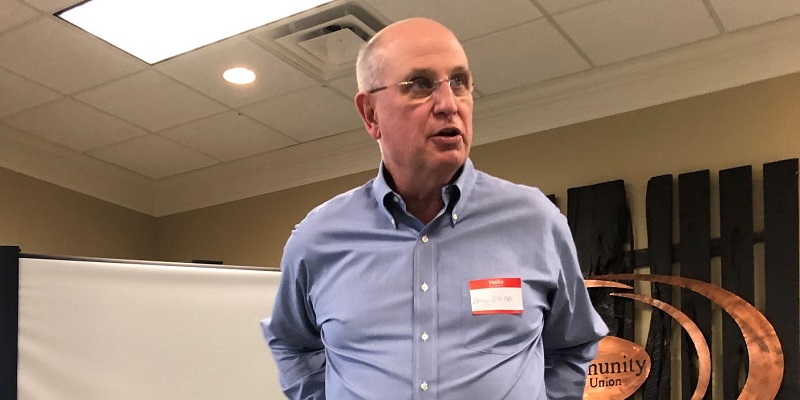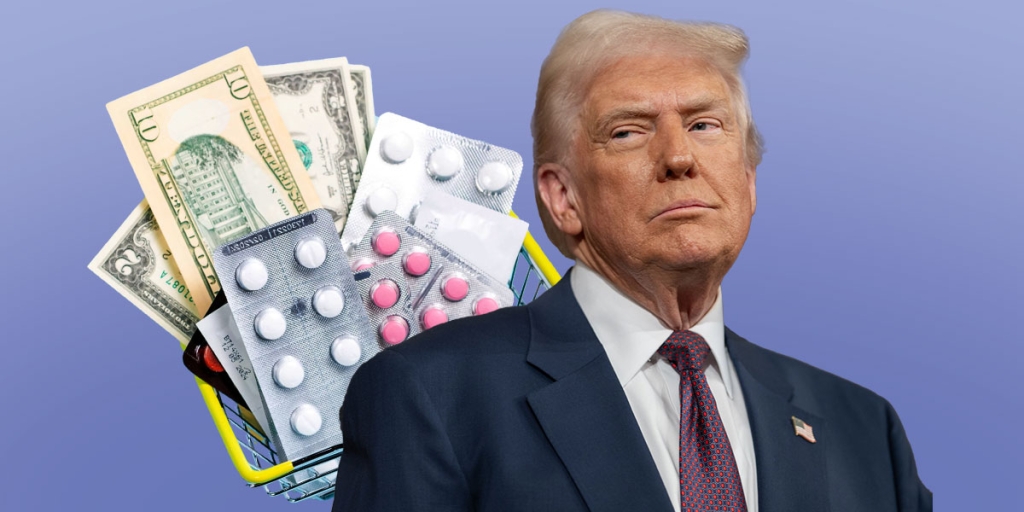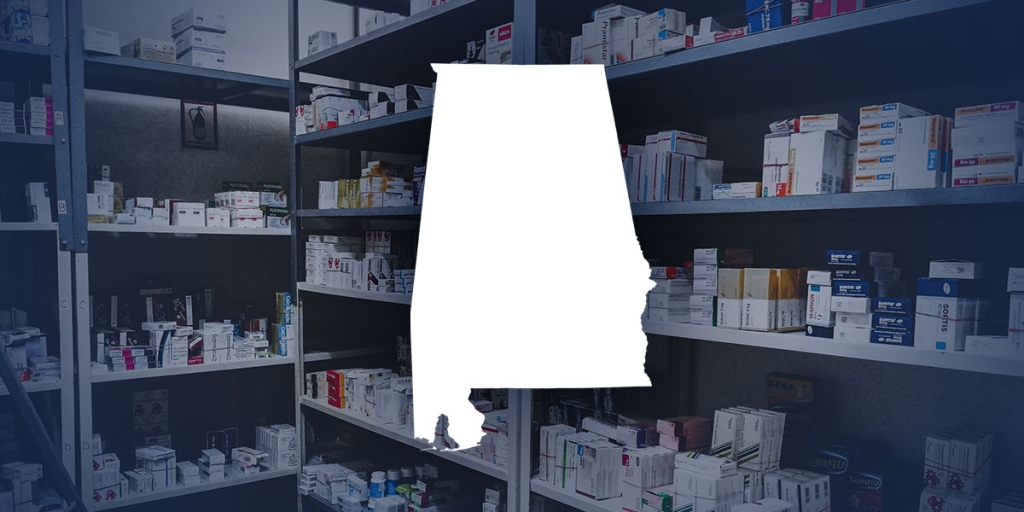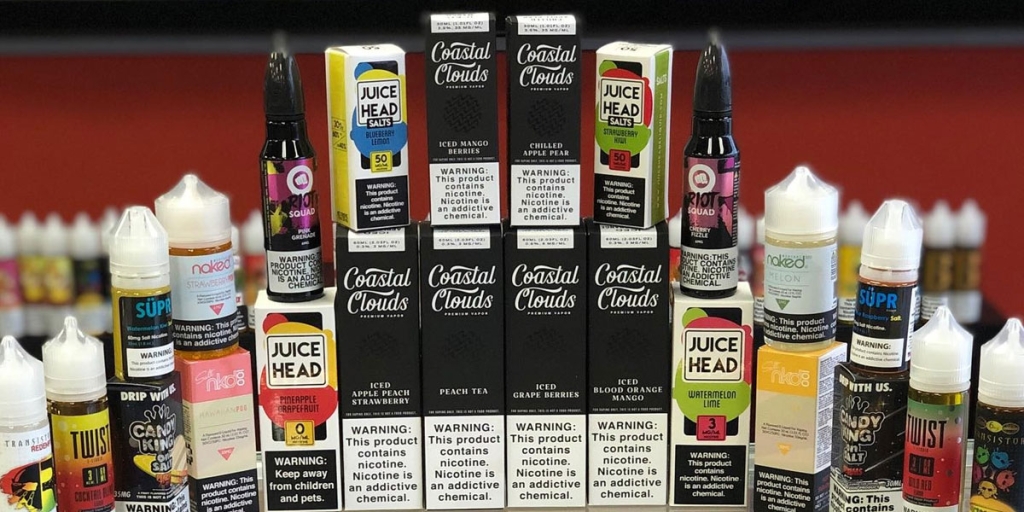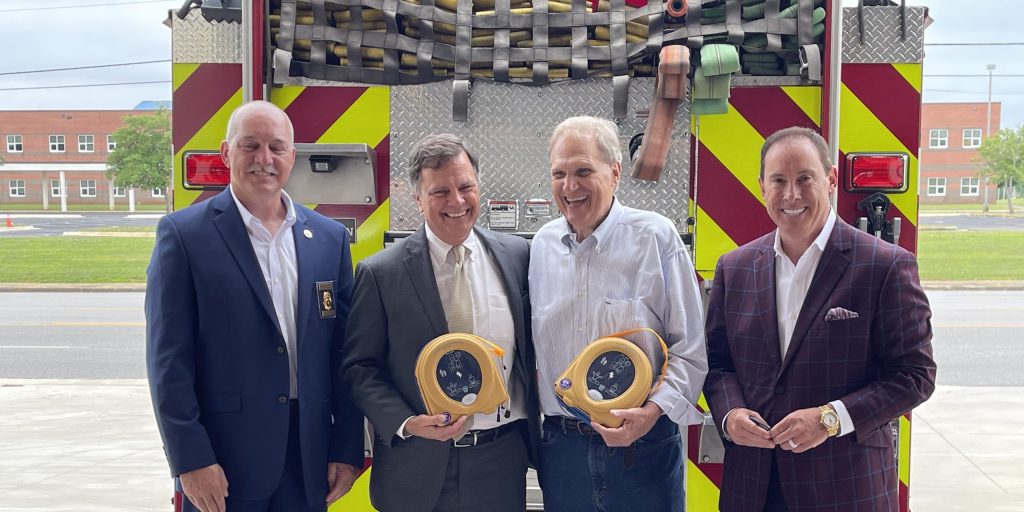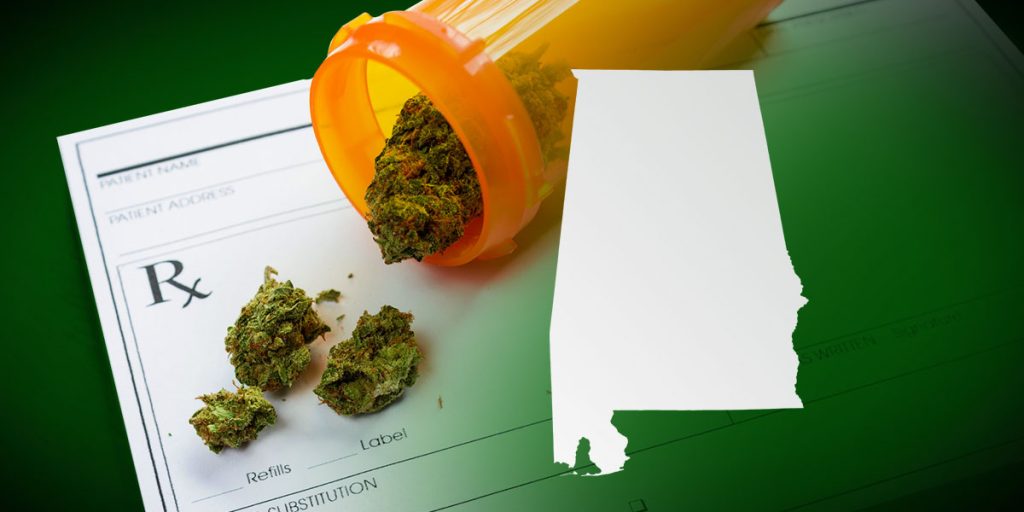State Sen. Tim Melson (R-Florence) is taking another shot at medical cannabis this legislative session. Previously, his efforts had come up short, passing in the Senate but not the House.
His SB46 received a favorable report from the Senate Judiciary Committee earlier this month and is expected to get another shot at a floor vote in each of the chambers. Like his last attempt in 2019, Melson, an anesthesiologist, is still an opponent of State Sen. Larry Stutts (R-Tuscumbia), who is also in the medical field as a practicing obstetrician.
During an appearance on FM Talk 106.5 in Mobile on “The Jeff Poor Show,” Stutts based his opposition on the question of defining marijuana as “medicine” and the potential for corruption under the regulatory scheme proposed in Melson’s bill.
“I have not, and of course the bill we’re seeing is exactly the same bill that was in the legislature last year,” he said. “And I’m really against it on two fronts — one, on the medical standpoint, there is no other medicine that you have to put an adjective in front of it to make it sound legitimate. They say ‘medical marijuana.’ Well, it’s just marijuana. They don’t say ‘medical Tylenol’ or ‘medical aspirin.’ Any legitimate medicines, you don’t have to put an adjective in front of it to make it sound like it is real medicine. We have a process for approving medication and it has served our country very well. If medical marijuana is really medical, it ought to go through the same process other medications go through to be approved.”
“I’m against it from the standpoint from the medical side,” Stutts continued. “The second reason is it’s just a huge growth in government. I mean, it’s basically creating a whole agency just to oversee marijuana. The tax money — how much money does the state need? We’re looking at gaming legislation that’s going to generate money for the state. Then we’ve got the marijuana issue that will generate a lot of revenue for the state. To me, with the marijuana thing — the potential for corruption is just off the chart when you look at the very limited number of growers, processors and dispensaries. How much is the license for the dispensary in Jefferson County worth? I mean, just the potential to stack that commission, for the commission to be in a compromised position, and you’ve got just a handful of people on the marijuana commission that decide who gets to grow it, who gets to process it, who gets to distribute.”
“And again, from the medical standpoint, it totally circumvents pharmacies that have played a vital role in the safe distribution of all sorts of medications for generations,” he added. “And now, we’re just going to have dispensaries where you can go and get it, and it won’t be a pharmacist running it. It will be somebody who got the license to run it. I think it bypasses the whole medical process, and it just grows government.”
The Colbert County lawmaker also warned of the potential pathway for legalized recreational marijuana use in Alabama.
“I think as far as the bill and what’s before the legislature — if you want to legalize marijuana, just say you want to legalize marijuana,” Stutts added. “But don’t try to call it medical marijuana to go through the back door. Come through the front door. If you look at other states, it is always the first step — not always, but a large portion of the time it is the first step to the legalization of recreational marijuana. And if you look at the data say from Colorado and you look at marijuana utilization — when they legalized medical marijuana, there was a big increase in the amount of utilization.”
“Then a few years later, when they legalized recreational marijuana, there was hardly any increase at all, and just a very slight increase in marijuana utilization,” he continued. “So the point is when you look at the broad categories that are described in the bill, anybody that wants to get a medical marijuana or cannabis card, I think is what it is called, can get one. So, the data from Colorado bears that out. The people that wanted to use marijuana got a cannabis card, and then when it was fully legalized, there was not much of an increase at all in utilization. So, it is a backdoor way to increase the availability of marijuana in the state, and I don’t think that is a good thing.”
@Jeff_Poor is a graduate of Auburn University and the University of South Alabama, the editor of Breitbart TV, a columnist for Mobile’s Lagniappe Weekly, and host of Mobile’s “The Jeff Poor Show” from 9 a.m.-12 p.m. on FM Talk 106.5.




